Description
How much of business is economics and how much of economics is business? This is a difficult question to answer but perhaps what is at the heart of both is decision-making. This book is about decision making. Alfred Marshall, the great 19th-century British economist, in his textbook, Principles of Economics published in 1890 wrote: ‘Economics is a study of mankind in the ordinary business of life.’ For many people the ordinary business of life is interwoven with relationships with business.
Every single day, billions of people around the world make decisions. When we make decisions we are being economist. A great proportion of these decisions are made by people in the context of their work which in turn is part of business. So Business and Economics are very closely linked. So wrote. A study of economics in a business context will help you understand the world in which you live. There are many questions about businesses and the economy that might spark your curiosity.
Why do airlines charge less for a return ticket if the traveler stays over a Saturday night? Why are movie businesses prepared to pay some actors extremely large sums to star in films whilst others struggle to even get a bit part? Why are living standards so meagre in many African countries? Why do some countries have high rates of inflation while others have stable prices? Why do businesses produce many products that are so similar – surely they succeed only in cannibalizing their market? Why is it so important to have a better understanding of how consumers behave? Why have some European countries adopted a common currency? These are just a few of the questions that a course in Business Economics will help you answer. The second reason to study Business Economics is that it will make you a more astute participant in the economy and in business. As you go about your life, you make many economic decisions. While you are a student, you decide how many years to stay in fulltime education. When you have completed your degree you will have to decide on a career path and (which may be difficult despite being highly qualified) find a job.
Once you take a job, you decide how much of your income to spend, how much to save and how to invest your savings. In your daily work you will have to make many decisions and respond to an ever-changing environment. One day you may find yourself running your own small business or a large firm, and you will decide what prices to charge for your products and what products to offer for sale. The insights developed in the coming chapters will give you a new perspective on how best to make these decisions. A study of Business Economics will give you a better understanding of the potential and limits of economic policy and how such policy can influence business behavior.
In your business career you may find yourself asking various questions about economics. What are the burdens associated with alternative forms of taxation? What are the effects of free trade with other countries? To what extent do businesses have a responsibility to protect the environment? How does the government budget deficit affect the economy and thus your business? A study of Business Economics will go some way towards helping you make more sense of the world, your place in it and how business is affected and behaves as a consequence.
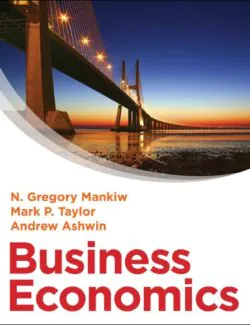
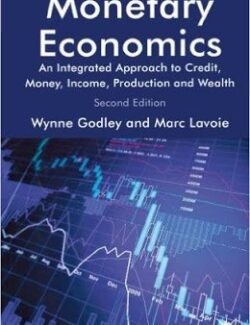
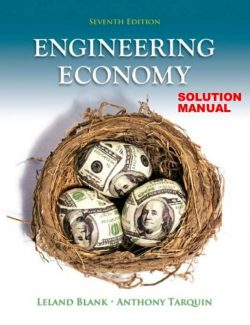
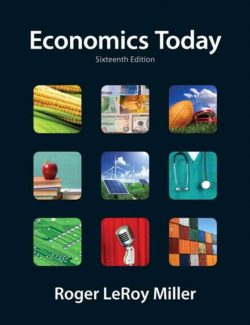
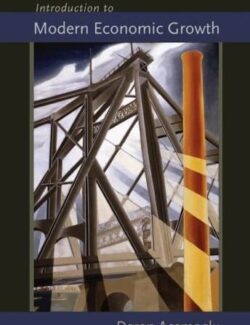
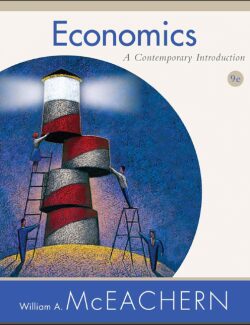
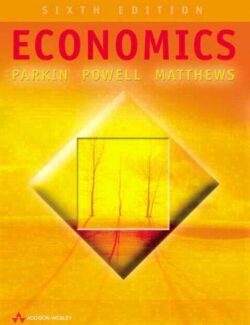
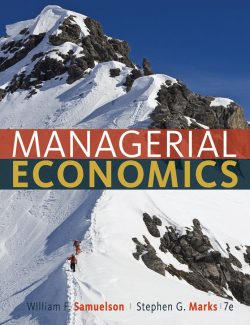
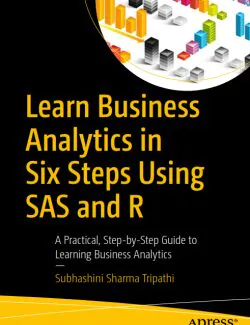

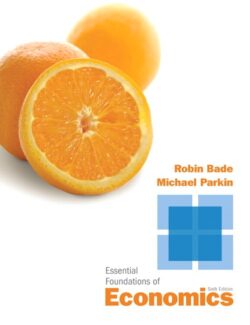
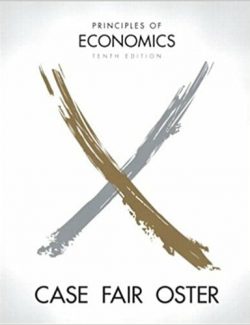
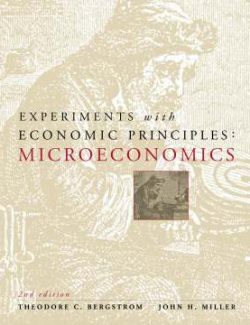
Leave us a comment
No Comments